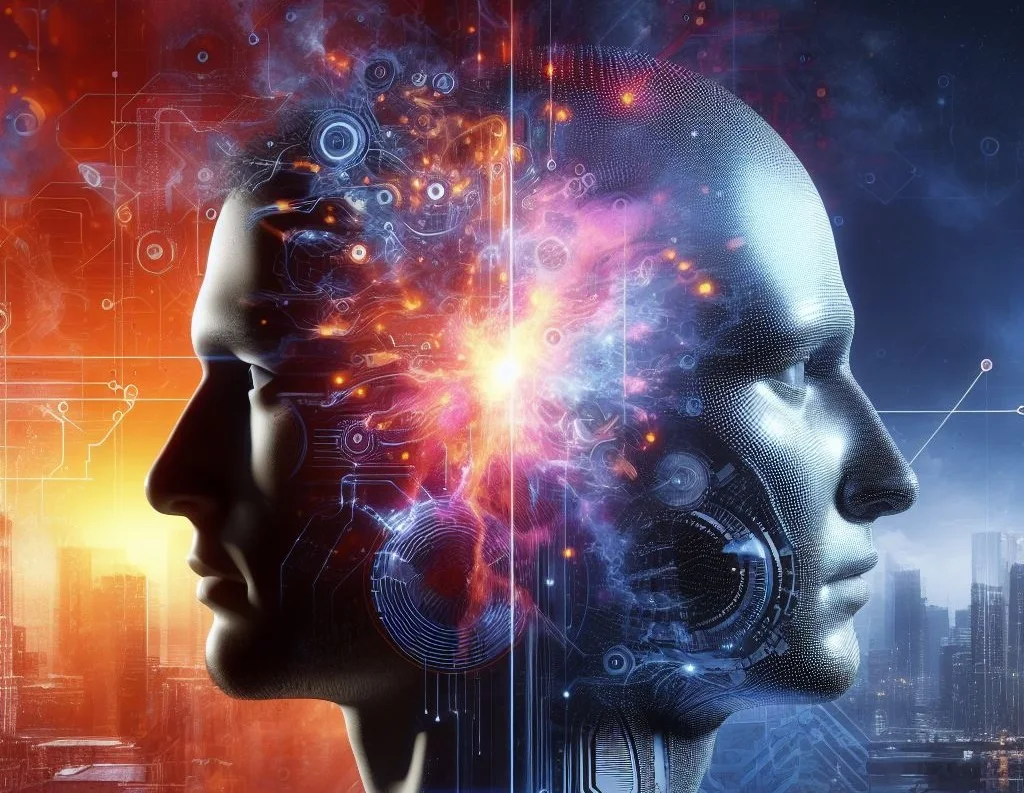In a recent study that might deflate some of the loftier dreams of Silicon Valley, Google's sharp minds have cast doubt on the idea that artificial intelligence (AI) is on the brink of rivaling human intellect. Their research suggests that the current AI technologies, known as transformers, falter when asked to step outside their training comfort zone. These findings, submitted to the ArXiv repository, indicate that while AI can mimic human-like responses in familiar situations, it stumbles with new, unseen challenges.
Pedro Domingos, a renowned academic, emphasizes that this revelation dampens the hype surrounding artificial general intelligence (AGI)—the concept of creating machines that can match or surpass human cognitive abilities. Despite significant investments and ambitious rhetoric from industry leaders, the dream of AGI remains distant. The study's critique of transformers, pivotal in today's AI advancements, shows that they excel within the scope of their vast training data but struggle with novel problems—a reminder of the limitations AI still faces.
The community's reaction to these findings has been mixed. Some, like Princeton's Arvind Narayanan, see it as a wake-up call, clarifying the misconceptions about AI's current capabilities. Others, like Nvidia's Jin Fan, express little surprise, noting that AI's prowess is directly tied to the range and quality of its training data.
The conversation has brought to light the inherent complexity and opacity of neural networks, leading some to overestimate their potential. However, Domingos and others caution against dismissing the value of AI, as newer and more sophisticated AI models may enhance the technology's ability to generalize in the future.
The debate is far from over, but one thing is clear: AI, for all its progress, is not yet ready to don the mantle of human intelligence.
Read next: Tech Giants Shift Blame to Users in AI Copyright Debate
Pedro Domingos, a renowned academic, emphasizes that this revelation dampens the hype surrounding artificial general intelligence (AGI)—the concept of creating machines that can match or surpass human cognitive abilities. Despite significant investments and ambitious rhetoric from industry leaders, the dream of AGI remains distant. The study's critique of transformers, pivotal in today's AI advancements, shows that they excel within the scope of their vast training data but struggle with novel problems—a reminder of the limitations AI still faces.
The community's reaction to these findings has been mixed. Some, like Princeton's Arvind Narayanan, see it as a wake-up call, clarifying the misconceptions about AI's current capabilities. Others, like Nvidia's Jin Fan, express little surprise, noting that AI's prowess is directly tied to the range and quality of its training data.
The conversation has brought to light the inherent complexity and opacity of neural networks, leading some to overestimate their potential. However, Domingos and others caution against dismissing the value of AI, as newer and more sophisticated AI models may enhance the technology's ability to generalize in the future.
The debate is far from over, but one thing is clear: AI, for all its progress, is not yet ready to don the mantle of human intelligence.
Read next: Tech Giants Shift Blame to Users in AI Copyright Debate

